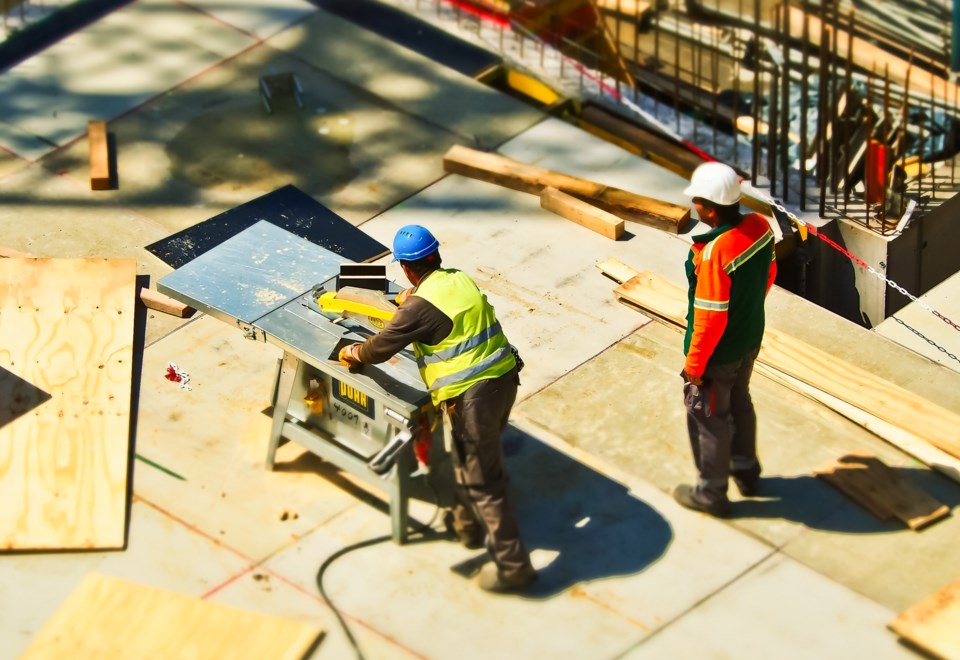The Region of Waterloo wants to move ahead with plans to build at least 42 new affordable housing units and will apply for more funding to take advantage of the federal government’s recent $1.5 billion commitment to addressing urgent housing needs for vulnerable people.
The plan will see the region using $11 million allocated in the “major cities stream” of second-round funding from the federal Rapid Housing Initiative announced last year.
Once the units are operational in 2022, regional staff say program costs may be required to assist the clients through subsidy assistance and housing support.
The recommendation to enter into a funding agreement with the Canadian Mortgage and Housing Corporation to build the units is on next week’s regional council agenda.
In October 2020, as part of the first round of the initiative, the feds gave the region $8,192,113 to develop at least 29 units of modular housing.
Two projects received funding, including the YW Kitchener-Waterloo supportive housing project on Blockline Road in Kitchener (43 units), and the Waterloo Region Housing alternative housing pilot project on Bechtel Street in Cambridge (6 units).
Both projects have completed site planning and construction is underway, with occupancy scheduled for December.
At the same time, the region also submitted several projects under the “projects stream” of the Initiative, which provided $500 million in application-based funding.
None of those projects were successful in getting funding but they can be resubmitted under the cities stream in Round 2.
Submissions are due by the end of August.
Funding conditions require that construction must be complete within 12 months of signing the agreement, sites must be evaluated as appropriate and ready for development and the units must be created for people and populations who are vulnerable.
Construction must also exceed local accessibility and energy efficiency standards.
Region staff say they are “engaging with area municipalities, housing providers and the development community in developing the submission to CMHC, taking every opportunity to organize surplus lands and to identify opportunities to fill gaps and leverage resources.”



